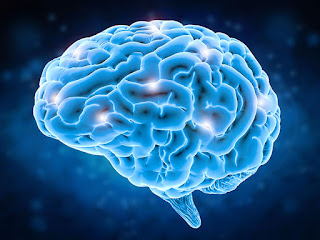 |
| Does the brain behave like a spin glass? (Courtesy: Shutterstock / Phonlamai Photo) |
Spin-glass-like states that occur in models of neural networks can provide important insights into states of low and high brain activity that have been observed in mammals. That is the claim of a team of theoretical biophysicists in Spain who are the first to show that disordered states in neurological networks could have a functional role in living brains.
In familiar magnetic materials such as ferromagnets, the interaction between individual spin magnetic moments causes all of the spins to point in the same direction of magnetization. In spin-glass states, the interaction between spins does not allow individual spins to point in the same direction as their neighbours. This leads to "frustration", whereby no direction of magnetization exists and the spins point in random directions.
Brains are not magnetic systems and their working cells – neurons – do not resemble magnetic moments, but mathematically they behave in a similar manner. This is because neurons also have a binary variable – firing or not firing – which is similar to the up or down quantum states of spin. Neurons are also linked by synapses in a way that is similar to how magnetic spins interact with each other. As a result, a neural network in which all of the neurons are firing (or not firing) is similar to a magnetic material in which all of the spins are all pointing up (or down).
Physics World: Spin glass provides insight into brain activity, Michael Allen
Comments